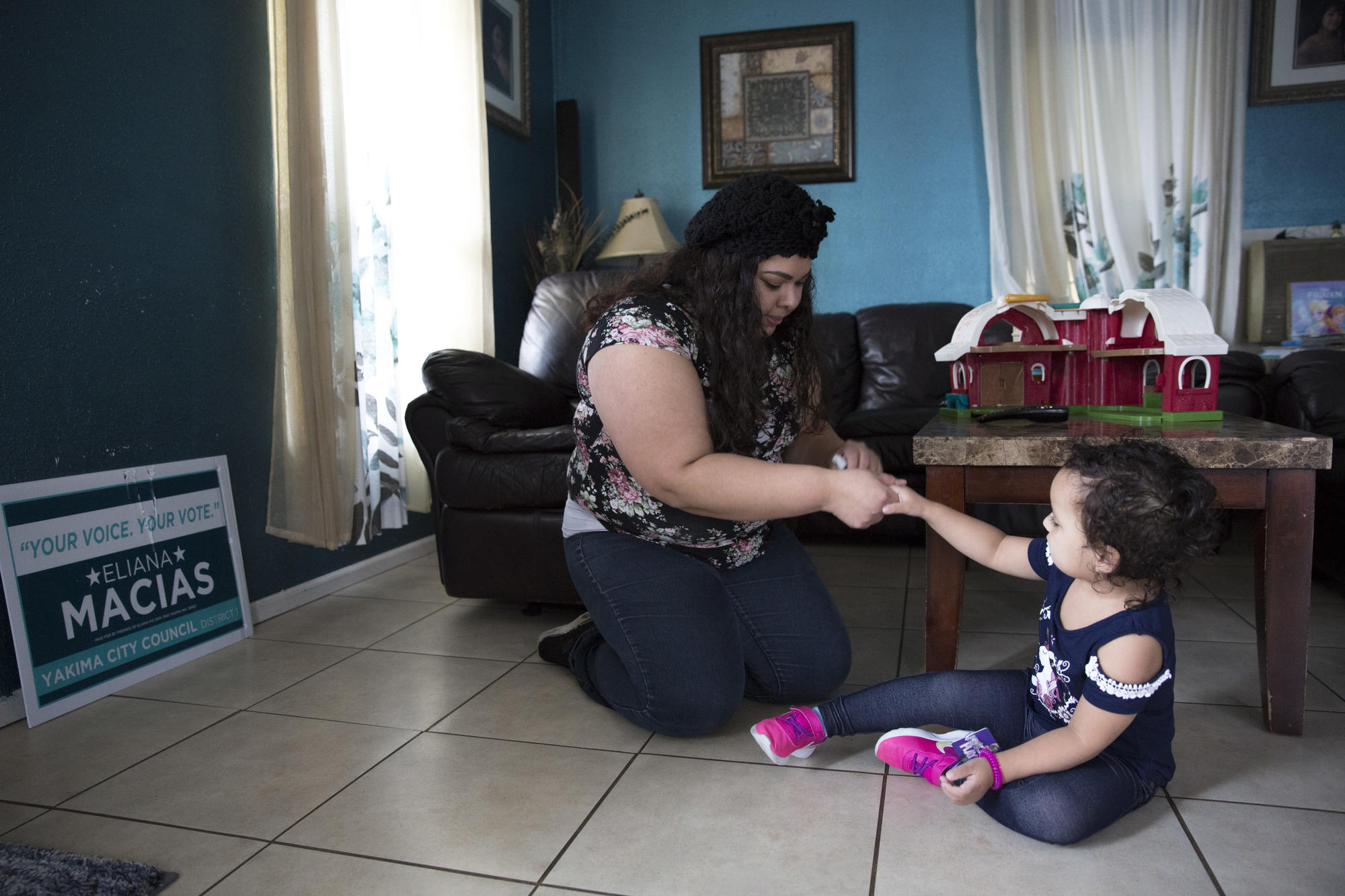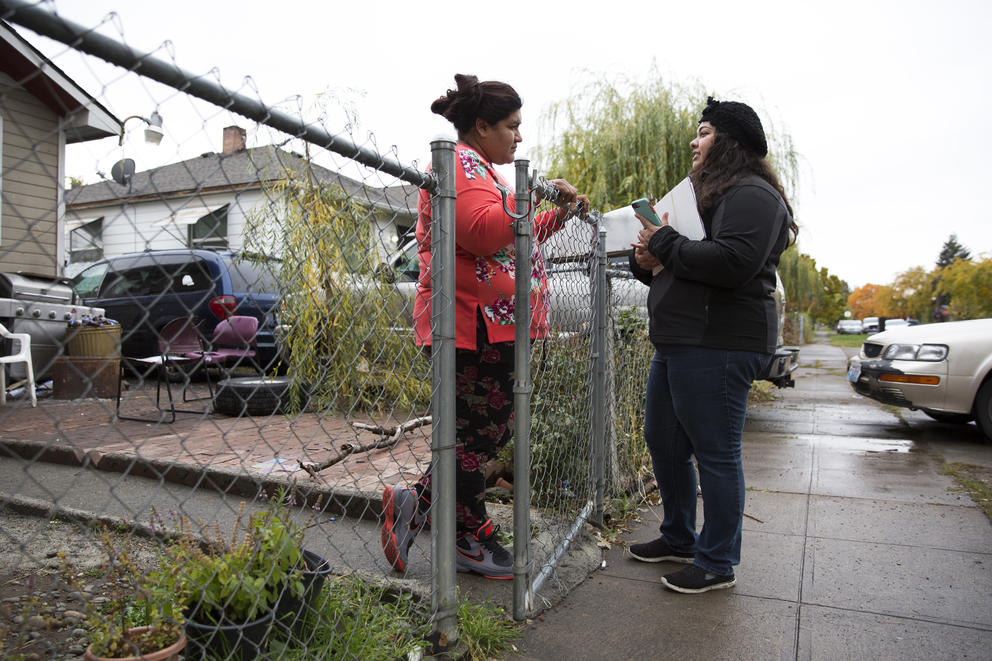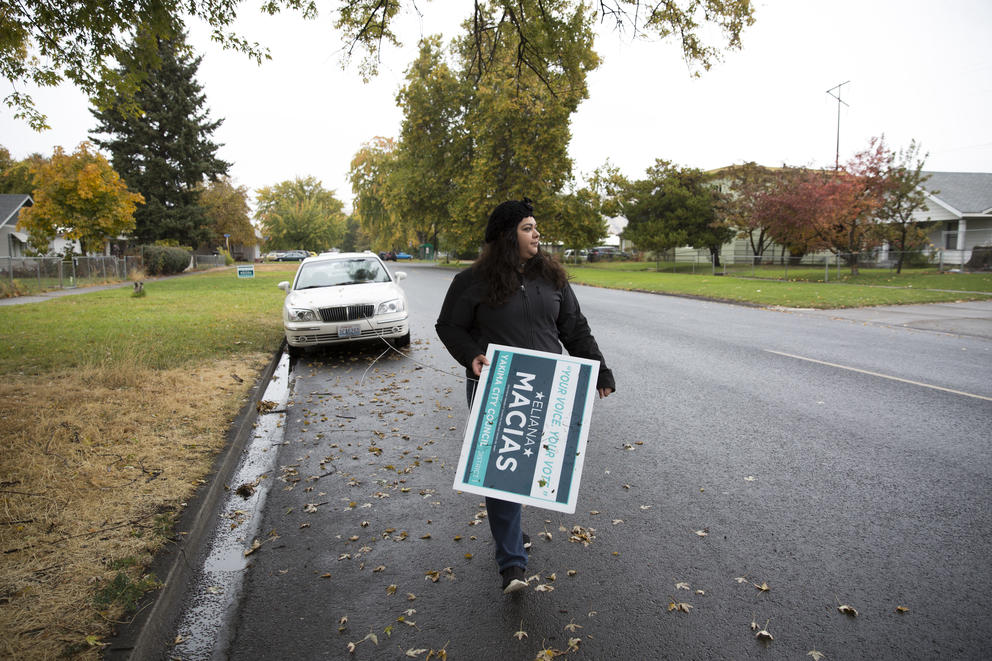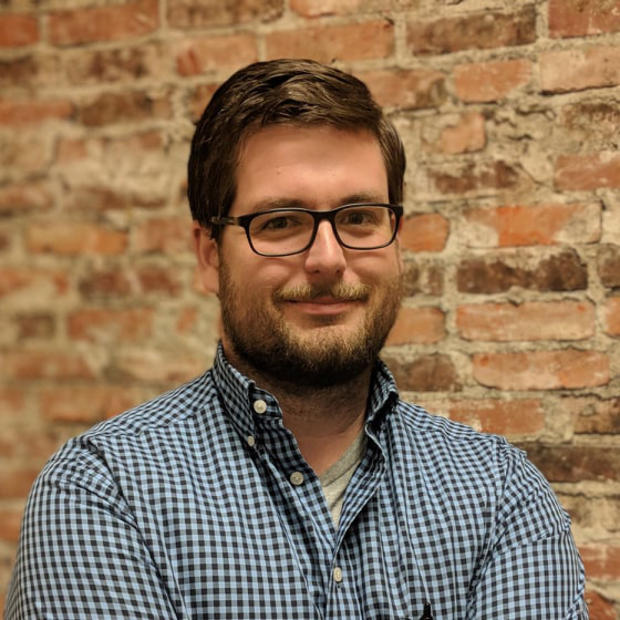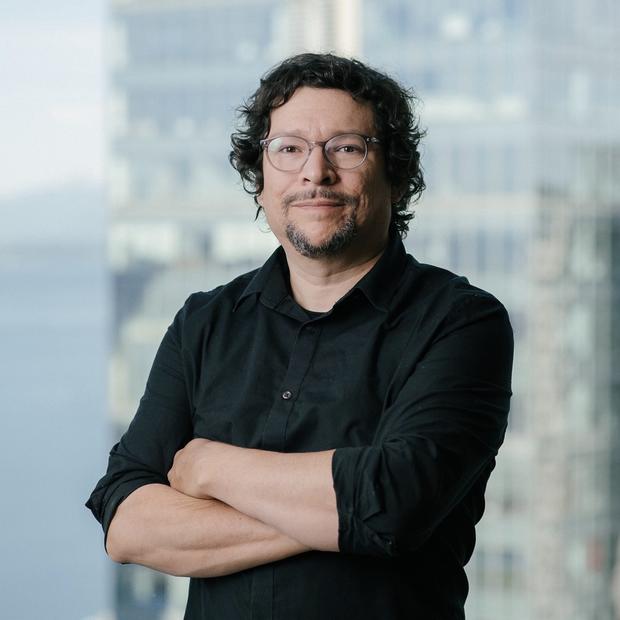The student body of the school, located in one of Yakima’s poorest neighborhoods on the predominantly Latino east side, is now more than 91% Latino. And Gutierrez is now one of three Latina women who sit on the Yakima City Council.
On a recent trip back to her alma mater, Gutierrez ruminated on the course of events that led her back to campus to promote civic engagement.
“One of the greatest things that happens is these kids envision themselves doing something we’re doing, which is never something I imagined doing as a child,” Gutierrez, 30, said in an interview. The 2015 election of Gutierrez and the other two Latino council members was in part the result of a voting rights lawsuit brought by the American Civil Liberties Union of Washington. In response to that suit, a judge in U.S. District Court for the Eastern District Court of Washington ruled in 2014 that racially polarized voting among Yakima’s white population, which maintains a slight majority in numbers and a much higher share of voter turnout, was suppressing the voting interests of the city’s majority Latino east side in citywide elections.
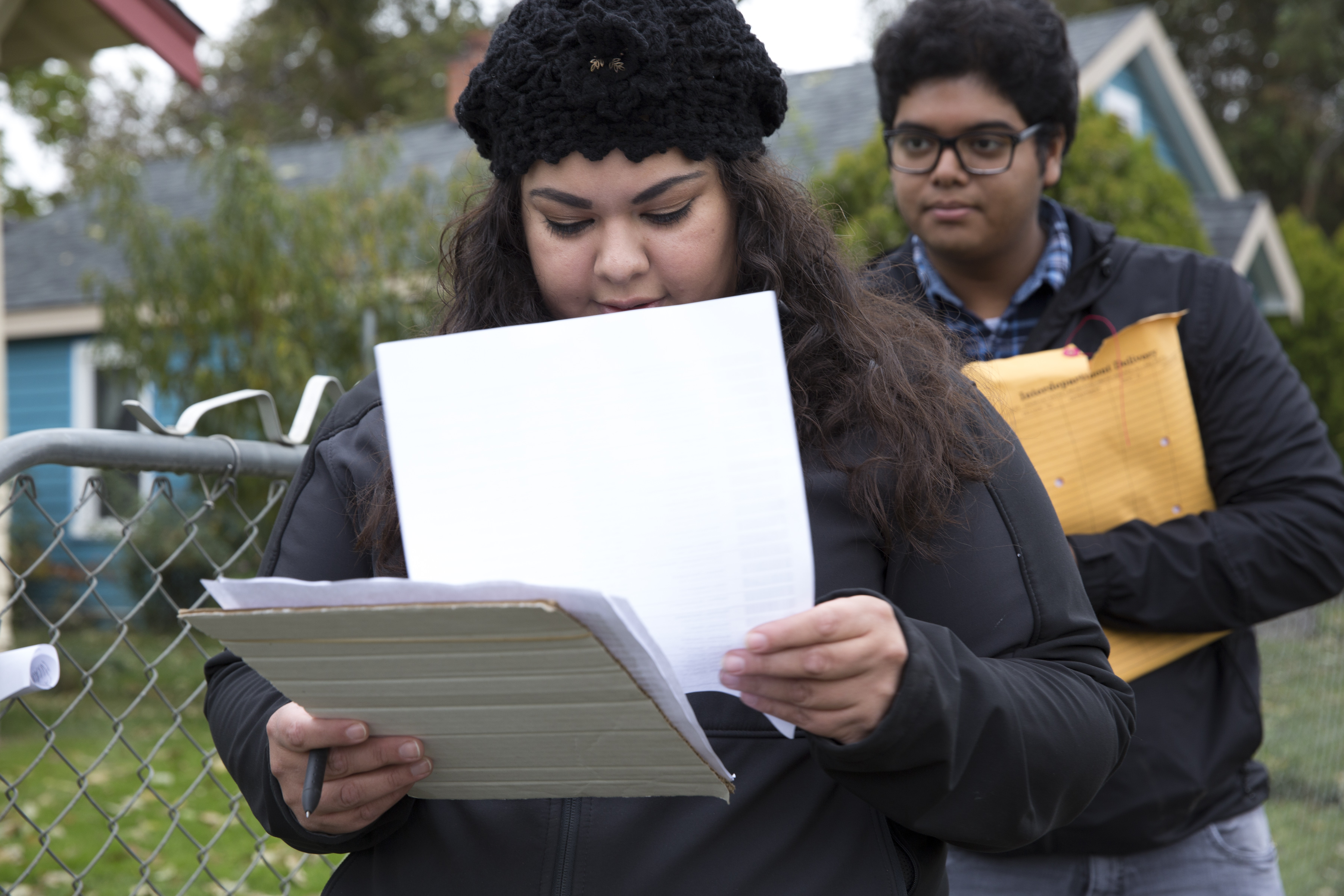
The entire Yakima City Council was white at the time, and no Latino had ever won election to the city despite past attempts by several qualified candidates. The seven-seat council was a hybrid, with three citywide seats and four representing specific districts, although all seven seats were elected by a citywide vote in the general election.
The result was a primary where some candidates favored by Latinos ran better or equal to other candidates in certain districts, only to lose in citywide general election vote.
The first Latino to serve on the council was Yakima attorney Sonia Rodriguez, who was appointed to fill a vacancy in 2008. In 2009, three white incumbents won reelection handily, while Rodriguez lost to a white conservative AM radio host.
In 2011, Latino voters in east Yakima’s District 3 favored the more liberal George Pechtel over Rick Ensey, according to court documents filed by the ACLU during the voting rights case, but with two candidates there was no district primary and Ensey won the seat in the citywide general election. Also in 2011, according to expert witnesses hired by the ACLU of Washington in its voting rights lawsuit against Yakima, Latino voters favored Rogelio Montes, who lost the District 3 primary and eventually became a plaintiff in the case.
“In the final analysis, there is only one rational conclusion to be drawn,” U.S. District Judge Thomas O. Rice wrote in a 67-page opinion in August 2014. “That the non-Latino majority in Yakima routinely suffocates the voting preferences of the Latino community” which represents 46% of the city's population, according to the Census Bureau.
The ACLU also produced analyses showing public facilities such as parks, roads, school and public safety projects all had more funding and nicer public amenities in whiter and more affluent parts of town.
In 2015, Rice approved a seven-district council election map drawn up by experts at the ACLU of Washington, eliminating Yakima’s hybrid system of district and at-large voting. Two east side districts were drawn to have majority Latino populations; a third in south Yakima was drawn with just less than half of the population Latino.
The city’s first three Latina council members — Gutierrez, Avina Gutierrez (no relation) and Carmen Mendez — were all elected from those districts later that year.
“It’s going to be a roller coaster,” Avina Gutierrez told the Yakima Herald-Republic election night when asked what life as a first-time elected official would be like.
Now, five years after moving from citywide to district voting ushered historic change for Yakima, and even before the November general election, it's certain that the 2020 city council will be much less diverse. After the August primaries, only one Latino candidate, political newcomer Eliana Macias, currently stands a chance of serving on the council in 2020.
That prospect flies in the face of advances, both real and perceived, for increased representation for ethnic minorities in local government around Washington state.
“It’s very much been a mixed bag,” said Mateo Arteaga, a plaintiff in the Voting Rights Act lawsuit, first filed in 2012, of how Latinos have used the new system to increase their representation in government. “People are still skeptical about government; they aren’t sure their vote is going to count.”
Following the voting rights suit, Yakima became a bellwether for other cities with significant Latino populations, but with low representation. These cities would go on to also adopt new council election districts to increase the voice of Latino neighborhoods in government.
Latinos comprise 56 percent of the population of the Tri-Cities community of Pasco, but no Latino had ever won a contested city council election there. Following a 2016 voting rights lawsuit filed by the ACLU, a federal judge in 2016 approved the city’s redistricting proposal of six district elections and one at-large seat elected citywide. Three Latinos won contested elections to the Pasco council later that year.
Noting the trend, Wenatchee officials began work on a plan in 2016, and adopted a new council district elections system in 2018.
Wenatchee, with a Latino population of 30%, had elected a Latina council member in 2015, and then redistricted, going from electing all seven council members citywide to five districts and two at-large seats.
Yakima’s example also boosted efforts to finally pass the Washington Voting Rights Act in 2018, after years languishing in the Legislature. The act makes it easier for disenfranchised communities to petition local officials for election redistricting before turning to the courts.
Washington’s Latino population east of the Cascades has continued its growth, particularly in Central Washington. In the seven counties included in the region’s 4th Congressional District, more than 45% of the combined population is Latino, according to census data.
The change in Yakima affected more cities beyond just those with large Latino populations. The city of Vancouver is considering a change to council district elections, and in 2018 voters in Everett approved a seven-district, two at-large council election system.
“Both were in part inspired by the events in the city of Yakima,” Rich Stolz, executive director of the Seattle-based immigrant rights nonprofit OneAmerica, said in an email.
The state’s Voting Rights Act creates a process for localities and residents alleging voting rights violations to negotiate potential changes to elections to avoid a court battle. But these changes have yet to generate a bench of Latino candidates able to run competitive campaigns at the local or legislative level east of the Cascades.
It’s true even in diverse areas, where Latino voter turnout remains lower than that of the minority white population. For example, the 15th Legislative District in the lower Yakima Valley is 54% Latino, but that population represents only about a third of registered voters. A handful of Latino candidates have challenged white Republican incumbents in the district, but have lost handily each time.
Yakima political observers say Dulce Gutierrez’s work during her four years in office — accomplishing projects for her district while becoming a respected voice among fellow council members — would virtually guarantee her reelection in Yakima’s majority Latino District 1. However, she is stepping down later this year to attend law school.
Her decision will complete the exodus of the first three Latinas elected to the council four years ago: 39-year-old Avina Gutierrez’s 2017 campaign to continue representing Yakima’s District 2 was a bust after she failed to move past the primary. In a surprise to many, a white male conservative ended up winning the race.
District 3 Councilmember Mendez, 32, chose not to run for a second term in 2019 for political and personal reasons. Her public image suffered after she pleaded guilty to driving under the influence in May 2017 following an April arrest, but she said that’s not why she chose not to run again.
“Would I have won? I don’t know,” said Mendez, whose political and personality differences with other council members sometimes erupted during public meetings. “But I don’t think my problems on council had anything to do with the fact I had DUI — it was that I was a Latina woman in power and a lot of individuals simply don’t like that.”
Despite a well-funded 2019 primary campaign by another Latina who had served on the city school board, two white candidates advanced to the general election in Mendez’s district.
A less-diverse Yakima City Council, in a city of 95,000, the largest in Eastern Washington after Spokane, creates uncertainty for the momentum of the nascent Latino political movement in the state.
Washington’s Latino political movement has reached several milestones in recent years with the help of the courts, civil rights organizations and Democratic lawmakers in Olympia who want to expand the party’s footprint east of the Cascades.
Yet turnout among registered Latino voters, measured by the number of those registered with Spanish surnames, remains low relative to their Caucasian neighbors. General election Latino voter turnout in Yakima in 2015 was 19%, and of the 4,651 ballots issued to Yakima’s Latino voters in three districts in the 2017 general election 15% were returned, according to the Yakima County Elections Division. More than one-third of voters with non-Spanish surnames voted in 2017.
Meanwhile, advocates say there are potential threats to roll back the modest gains Latino communities have made.
“One concern we have heard is despite having much better election systems, there are still efforts in communities to try to strip power from communities of color in other ways,” ACLU of Washington voting rights attorney Breanne Schuster said in an interview. “These positive changes have some backlash.”
Conservative advocates in Yakima are currently pushing for a ballot initiative to create an elected mayor, eliminating the city’s current manager-council form of government and establishing an elected executive branch. It could make it onto the municipal ballot in 2020 and, if approved, would become Yakima’s only citywide elected position.
Critics, like Gutierrez, say it’s an effort by Yakima’s conservative establishment to take back some of the power lost in 2015 when city council seats were no longer voted on citywide.
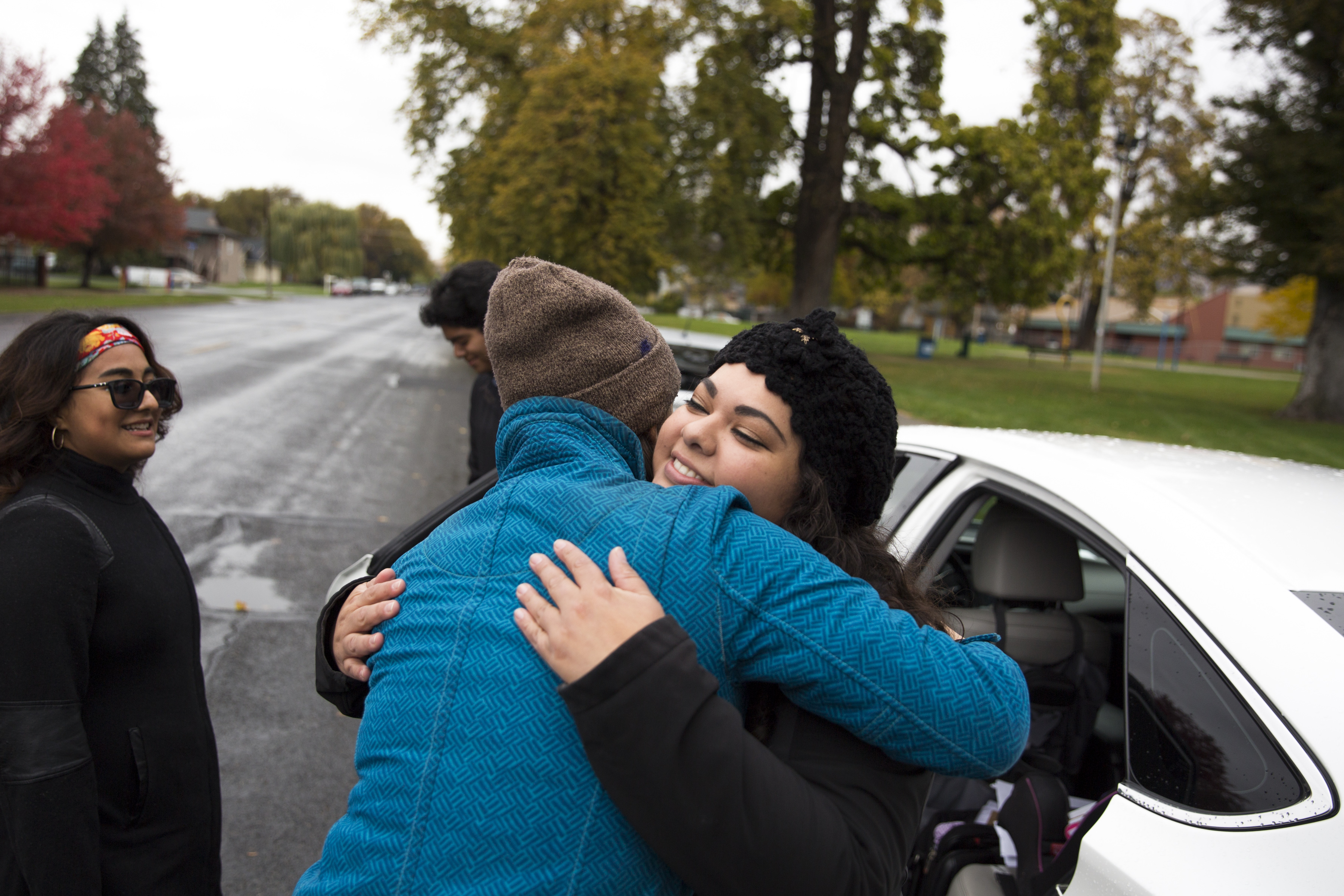
But white conservative political leaders in Central Washington see it differently.
“It’s not that Democrats are unsuccessful getting Latinos in office; they’re unsuccessful getting liberals in office,” said Bruce Smith, conservative publisher of the Yakima Valley Business Times newspaper and longtime adviser to local and state Republican election campaigns. “Together with enough financing, we can get a lot of Latinos elected in this community, but it won’t be their kind of Latino. They’ll be conservative.”
Smith, a supporter of the elected mayor proposal, said it would fix the “mixed blessing” of Yakima’s district voting system, where neglected neighborhoods have seen more projects. But more public projects means greater expense on the city budget, which had to be cut by millions of dollars in recent years. Smith said council members no longer have to feel responsible to the city as a whole, something an elected mayor would correct.
“People had a political reason to take care of their neighborhood,” Smith said of the shift to districts. “There was no political reason to take care of the entire city.”
Yakima’s Latino council members said city budget cuts had more to do with large financial commitments made by the previous council in the run-up to the 2015 elections, including millions of dollars for public-private partnerships to construct a soccer park and an aquatics center, both located closer to the city’s whiter and less impoverished populations.
The changes to Yakima’s elections system wouldn’t have happened without time and resources donated from liberal organizations west of the Cascades, groups white conservatives in rural eastern Washington see as foisting unpopular policies on them as if they were living under colonial rule. But the flow of cash and other resources from liberal Puget Sound organizations has virtually dried up after the victories of 2015.
Seattle-area political action committees and unions have been less involved in this year’s Yakima council races after groups like Planned Parenthood Votes, the National Political Women’s Caucus of Washington, and the Teamsters combined to pour thousands into the 2015 races, according to the state Public Disclosure Commission. Macias, who is running for the District 1 seat that Dulce Gutierrez is vacating, has received just $850 from three Seattle and Tacoma-based PACs combined.
“We are resource-deprived here. Latinos hold little political or even monetary capital,” Dulce Gutierrez said. “If people want to help us out, the help will be useful, and it’s up to us though to decide how our story is being told and where our needs are at. No one can do that but ourselves.”
Mendez said there remains a tremendous lack of resources and willpower for organizing Eastern Washington’s Latinos into a cohesive political force. Those groups most visibly promoting Latino civic engagement in Eastern Washington hail from regions west, including OneAmerica and the Latino Civic Alliance.
“I don’t think there’s anything being done to help Latinos get ready for this role,”Mendez said. “One of the biggest lessons this has taught me is that if you want to stand up to the old forces, you have to play the same [political] game they’re playing, and there’s a learning curve because Latinos have been excluded from the system for so long.”
In 2017, Smith, the conservative publisher and adviser to campaigns, was instrumental in the race for the majority-Latino District 2, in which incumbent Avina Gutierrez was defeated in the primary and Jason White was elevated to the council over another Latino candidate, Pablo Gonzalez. White identifies as a conservative, but he grew up in southeast Yakima and has pushed for city projects important to his mostly Latino district, such as upgrading long-neglected roads, parks and safety needs.
“So the theory that these largely Hispanic neighborhoods have to have Hispanic representation just isn’t true,” Smith said.
Dulce Gutierrez, a staunch progressive, doesn’t see it that differently.
“This system change allows Latinos to choose the candidate of their choice, so [White] was elected with the support of the Latino voting bloc in District 2,” she said. “Time will tell how council members conduct themselves, but I think people of any background can have an understanding of inclusivity.”
Gutierrez said she is proud of her work in City Hall to promote government responsiveness to Latino residents and businesses — such as adopting translation services for Spanish-speaking residents at council meetings and eliminating the federal citizenship verification service E-Verify as a requirement for businesses seeking contracts with the city. But, she said, it will take years to permanently transform how Yakima government serves its Latino residents.
“Change has been slow in Yakima; poverty rates are essentially the same as four years ago, and racial segregation is still deeply intact in our city,” Gutierrez said. “But due to the voting rights lawsuit, we now have a city government led by representatives who represent different neighborhoods and as such represent different communities.”
Smith and other conservatives maintain that talk of Latino disenfranchisement ignores progress Yakima has made over the decades in becoming intermixed.
“I feel like in Seattle we’re seen as a plantation, and we’re simply not,” Smith said.
Despite a “bitter taste” from her four years on the council, Mendez said she believes progress for Latinos will continue and that it will be Latinos, along with allies, who get it done. She and Gutierrez both say they’ve seen more Latinos in the audience at council meetings, including more teenagers and college-aged Latino residents looking for ways to get involved in public service.
“The most valuable thing I’ve been able to gain out of this experience is the ability to show my 11-year-old daughter she can do whatever she wants to do; that if I was able to do it she has the ability to do greater things,” Mendez said.
Arteaga, the plaintiff in the voting rights suit, said he was inspired to activism as a young man following a visit to the Yakima Valley by Cesar Chavez, the father of the modern farm worker labor movement, in the early 1970s. Arteaga’s own transformation as a politically active youth is why he has faith in the future of Washington’s Latino political movement.
“I think a lot of young people want to get involved,” Arteaga said. “I used to call it a sleeping giant, but I think it’s starting to wake up.”

